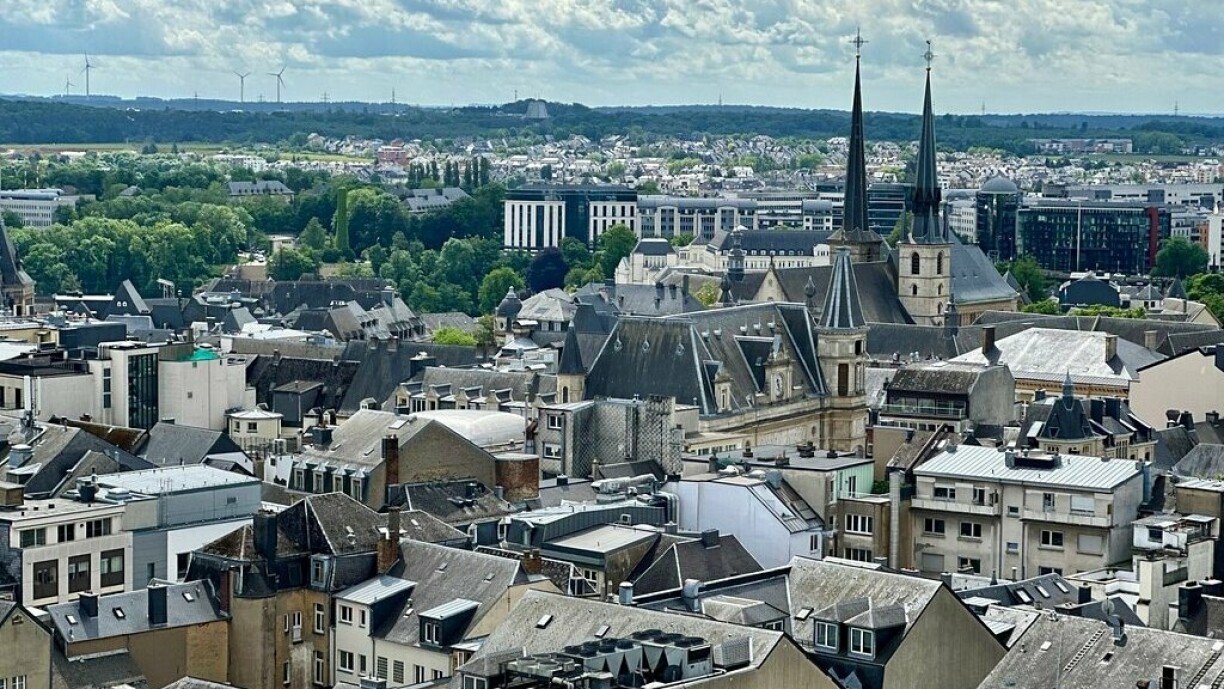
“The climate resilient city”: that is the theme of CIPU’s, the National Platform for Urban Policy’s, Day of Urban Politics. In collaboration with political figures an agreement was figured out on Monday in Luxembourg’s hemicycle.
Increasing temperatures, more extreme weather conditions like excessive rain and floods, as well as draught periods, will become more frequent. The circumstances will differ, the urbanists from CIPU add.
“We need to change our mindset at all levels and build differently, but we still rely on construction supplies that we must continue working with. We need to reflect on this challenge and find solutions. However, I believe that the aspect of collaborating with citizens will be difficult to implement in practice,” explains coordinator Lex Faber.
A whole array of possible measures come to the urbanists’ minds. In terms of water, one could vouch for a greener urban space, protections against excessive rain or the utilisation of rainwater. The discussions can be started from a technical standpoint, yet a political debate needs to ensue, states the representative of CIPU. Naturally they are aware of further constraints, says Lex Faber. The liberal minister for housing and spatial planning Claude Meisch confirms this and supports a collaboration:
“Climate change is going to challenge us further, considering the aspect of quality of life and health in cities. On the other hand, we also know that, if we want to organise our country, if we want to move closer to each other, move living and working closer together, if we want to accept the demographic change and development of our population, then we also need cities which still have the capacity to grow. And we need to achieve that, not with building houses on very green patches, but by preserving them, to keep spaces which can soak up water.”
Longterm visions imagine that elements concerning climate resilience will systematically find their way into construction law and global support plans (PAG). However, the minister reinforces that it should happen one step at a time. The current phase is concerned with defining the issue. Important factors are the municipalities. When it comes to layout plans, the latter try to adhere to climate-friendly regulations. The minister of home affairs Léon Gloden names the example of “gravel gardens”, which should be avoided. Unfortunately, these and other measures are not always easy to implement with people.
Léon Gloden continues: “The question is: how can we aboard it juridically, if people are not cooperative, despite warnings by the mayor or even when financial aids are not helping, then the mayor is left with only one possibility, which is to press charges at the prosecutor’s office.”
In response to critical events and crises, the Minister of Home Affairs plans to adopt a model inspired by Germany’s “Technisches Hilfswerk.” The strategy involves enabling the Grand Ducal Fire and Rescue Corps to acquire equipment and provide municipalities with access to both the equipment and staff, particularly during flooding events.